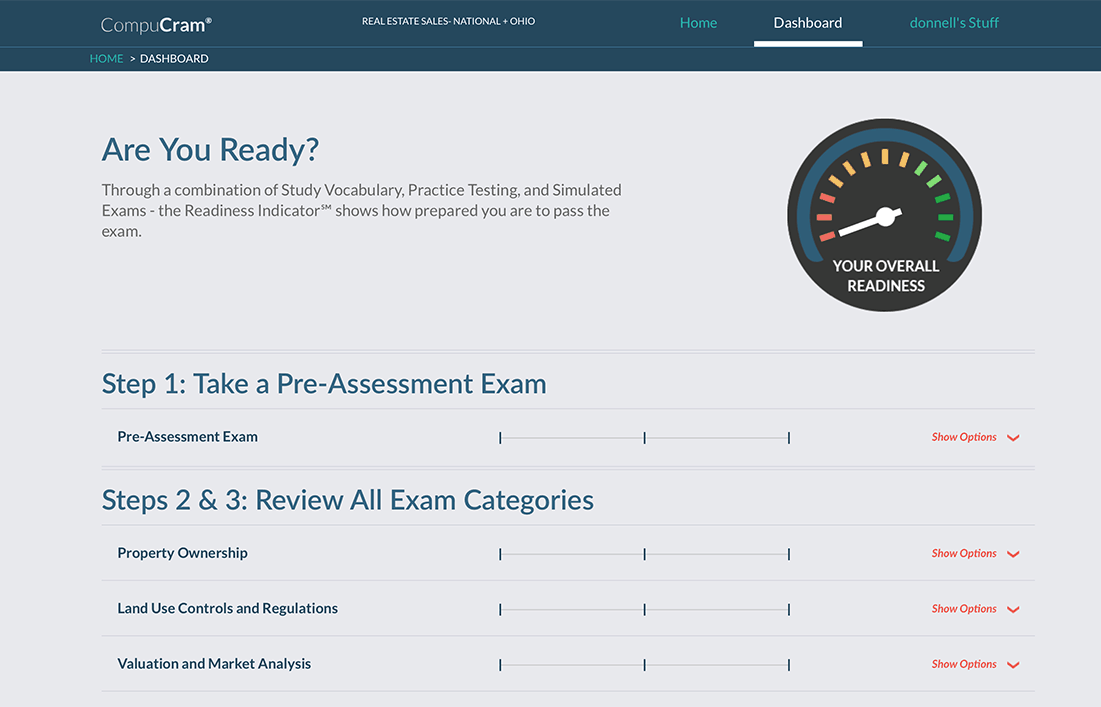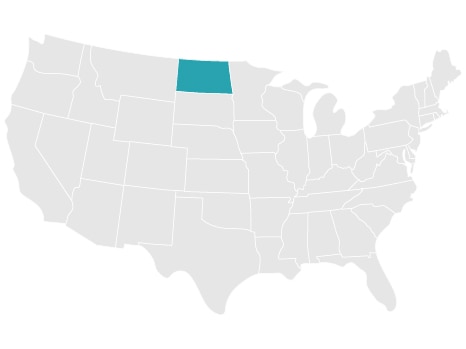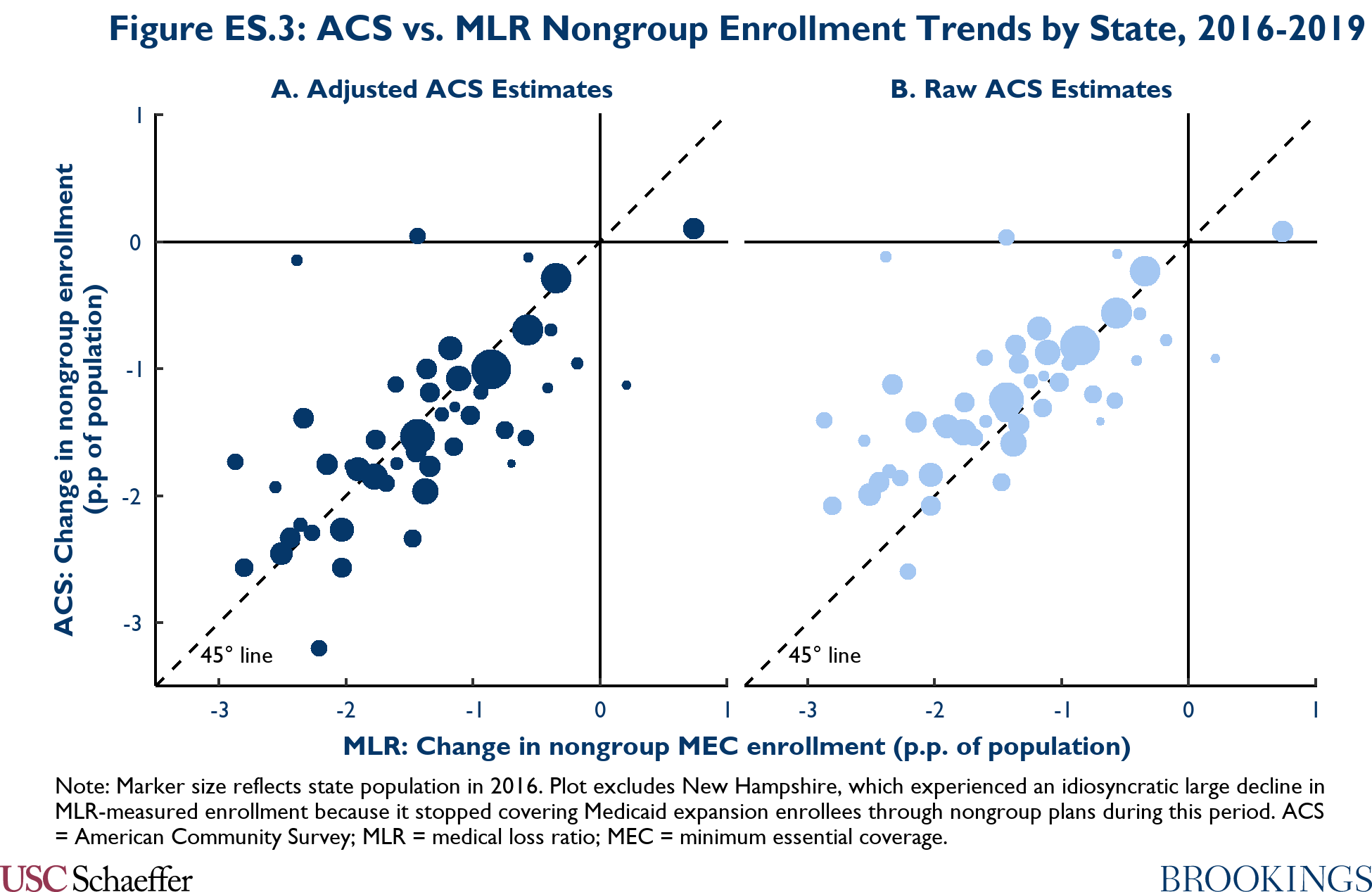
RV insurance must be purchased if your RV is to be legally registered. It protects your investment but it is also required by law. This insurance is expensive, but it is worth the effort to find a policy that fits your needs. RV insurance is basically an amalgamation of homeowners insurance and auto insurance. Although RV insurance is not as comprehensive as regular auto policies, you can still get some coverage in the event of an accident with your RV.
Both Class A & B
There are many different types of insurance for campers. You will need different types of coverage for Class A and Class B RVs. The price of a policy will depend on several factors, including the type of coverage you want. While liability coverage is required by the state, you can choose from other types of coverage.
Classes C
Campers insurance is a necessity in most U.S. states, as well as some Canadian provinces. There will be different insurance coverage requirements in every state. It is therefore important to read all details before you sign a policy. RV insurance costs typically are less than that of car insurance premiums. The amount you pay for RV insurance will depend on the type of RV.

Class D RVs
Take into account several factors when deciding on campers insurance Class D RV policy. These factors will impact the cost of coverage. The type of RV you have will affect the price. Because it has more motorized and electrical components, a Class A motorhome will typically cost more than a class D model. Insurance coverage also depends on the driver's driving record. Premiums will be lower for people with good driving records.
Class E RVs
There are a variety of coverage options available for Campers insurance Class E RVs. The most basic level covers only the cash value of your vehicle. Depreciation is also included. This level of insurance provides the smallest amount, but the best premiums.
Class H RVs
When buying or renting an RV, it is imperative to have campers insurance. This insurance is available directly through the rental company as well as through a third-party insurer. Rental insurance is typically not covered by credit cards that offer primary insurance. It is therefore important to think about this when purchasing or renting an RV. You will also need to be aware that different RV types have different insurance requirements.
Class I
An important aspect of RV ownership is insurance. Costs of insurance vary depending on factors like the state's crime rate or population density. You should always shop around for the best rates and coverage options. If you have multiple policies, many providers offer discounts. Bundling your RV insurance with renters insurance policies or life insurance policies could result in a discount. Bundling your policies reduces stress and makes it easier to deal with multiple companies.

Class IX
You will need to obtain adequate Campers insurance for Class IX RVs if you plan to use your motor home as a primary residence. This policy will provide coverage in the event of damage or theft to your motorhome. You can also purchase additional coverage for any attached structures to your RV.